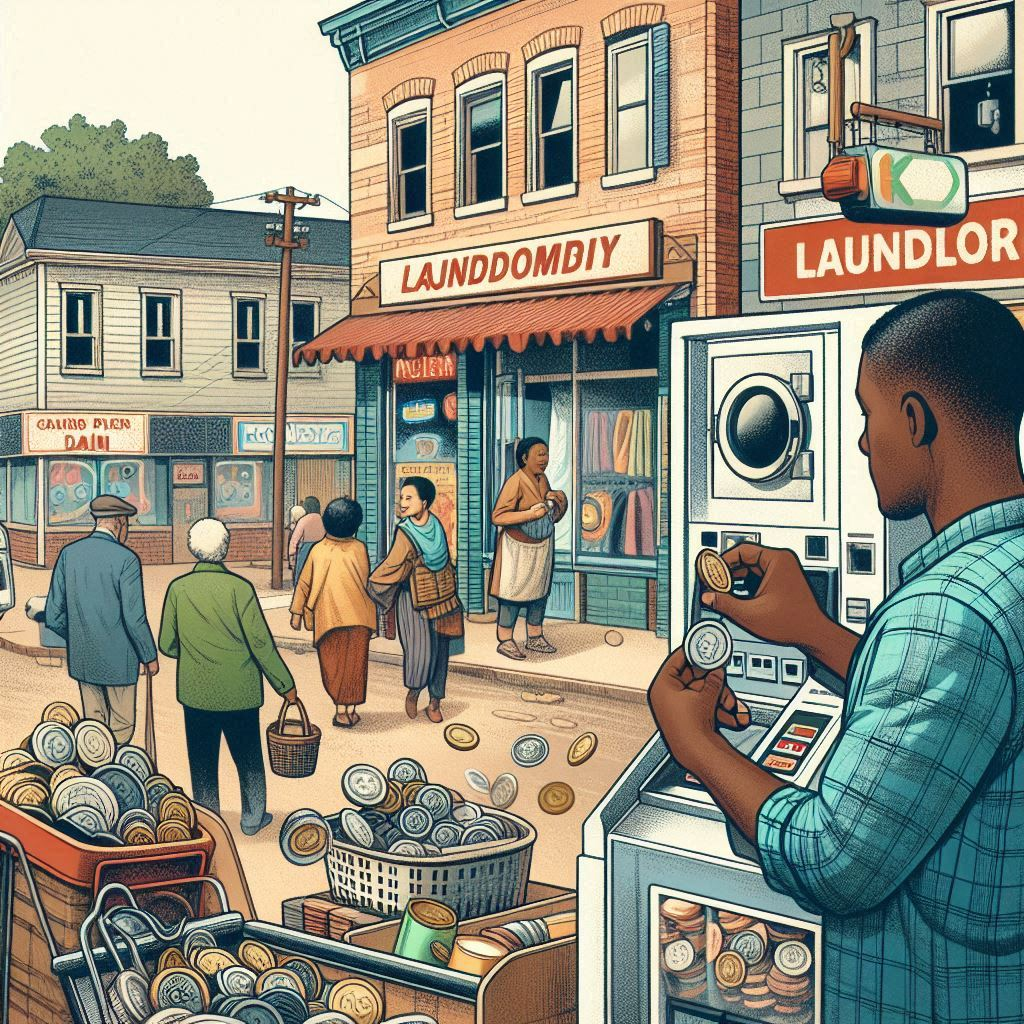
Image created with Microsoft Copilot
Coins serve as the heartbeat of many local economies, fueling transactions in small towns where coin-operated businesses thrive.
Most of us see coins daily, but how often do we think about their role beyond pocket change?
These metallic circles hold more than just face value; they circulate within communities, enabling commerce and fostering trust among traders.
Join this exploration to uncover their vital contribution to local trade and learn about unique features that bolster their reliability.
In local economies, physical currency offers a tangible trust that digital alternatives can't always match. Coins possess features that make them reliable for transactions. Their durability ensures they can withstand countless exchanges over time, maintaining their value in trade.
Moreover, they have unique security features. But why do coins have reeded edges? This design prevents counterfeiting by making it challenging to produce replicas without detection.
Such characteristics instill confidence among users who rely on these small metal discs daily.
While digital payments gain popularity, the physicality of coins reassures both sellers and buyers in markets where personal interactions remain key to business relationships and community bonds thrive through tangible exchanges.
Coins play a significant role in sustaining small-town economies, acting as the lifeblood of daily commerce. Here’s how their circulation impacts these communities:
Such contributions make coins indispensable tools that keep small towns economically vibrant and interconnected.
Coin-operated businesses are essential to local economies, particularly in small towns where they provide accessible services. These enterprises cater to everyday needs with minimal fuss, offering convenience that draws both locals and visitors.
Laundromats exemplify this by delivering essential laundry services while accepting the coins most people carry.
Arcades bring leisure opportunities to communities, often acting as social hubs for families and youth. Meanwhile, vending machines offer quick access to snacks and drinks at convenient locations like schools or offices. Such establishments thrive on the simplicity of coin transactions—enabling fast service without complex payment systems. For insights into launching your own coin-operated venture, Gumball.com offers a helpful guide on starting a gumball machine business, including tips on setup, location, and profitability.
This ease attracts more customers daily, ensuring a steady stream of income for business owners who reinvest profits into their local economy's growth and development.
In today's world, local economies find themselves balancing the reliability of coins with the convenience of digital payments. As technology is reshaping business finances, both payment forms offer distinct advantages:
For many local businesses, this balance is crucial. While embracing digital advancements can expand market reach, coins remain indispensable for day-to-day operations where electronic infrastructure may not be prevalent or preferred.
Communities benefit from utilizing both methods strategically to accommodate diverse consumer preferences while maintaining steady economic growth through trusted means.
Coins continue to be crucial for maintaining the financial health of local economies. Their role extends beyond simple transactions; they are trusted and tangible assets that encourage community engagement and support various business models, from vending machines to laundromats.
By circulating regularly, coins foster economic stability within towns, ensuring continuous cash flow and supporting businesses in a way digital alternatives alone cannot match.